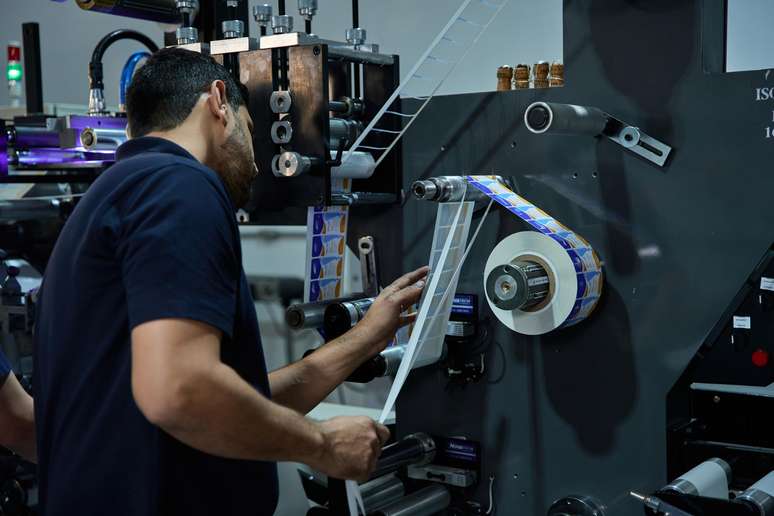The Rio rule that determined the collection of genetic material in maternity hospitals was deemed unconstitutional
Unanimously the Federal Supreme Court (STF) deemed unconstitutional Rio de Janeiro which forces hospitals and maternity wards to collect genetic material from babies.
Entered into force in 2002, the law includes measures to prevent the exchange of newborns in public and private hospitals and maternity hospitals in the state. However, according to the current government in Rio, the law has never been implemented.
In addition to the use of identification bracelets and umbilical clamps, the law provides for the collection of genetic material from mothers and children hospitalized in the delivery room for archiving by the Health Authority. The material should be made available to the courts in case a DNA test is needed.
The case ended up in the Supreme Court in 2016 through a lawsuit filed by the Attorney General’s Office (PGR). For the institution, the law is unconstitutional for having violated the intimacy and privacy of pregnant women, as well as not considering the will of the mothers to carry out the DNA sampling.
During the process, the ministers followed the vote of the rapporteur, Minister Luiz Fux, who voted in the session this Wednesday 12. Fux said that the section of the law that provides for the collection of DNA is illegal because it does not take into account the mother’s consent.
The agreement was followed by ministers André Mendonça, Nunes Marques, Dias Toffoli, Alexandre de Moraes, Luís Roberto Barroso, Edson Fachin, Cármen Lúcia, Gilmar Mendes and by the president of the Supremo, Rosa Weber. /BRAZIL AGENCY
Source: Terra
Ben Stock is a lifestyle journalist and author at Gossipify. He writes about topics such as health, wellness, travel, food and home decor. He provides practical advice and inspiration to improve well-being, keeps readers up to date with latest lifestyle news and trends, known for his engaging writing style, in-depth analysis and unique perspectives.







